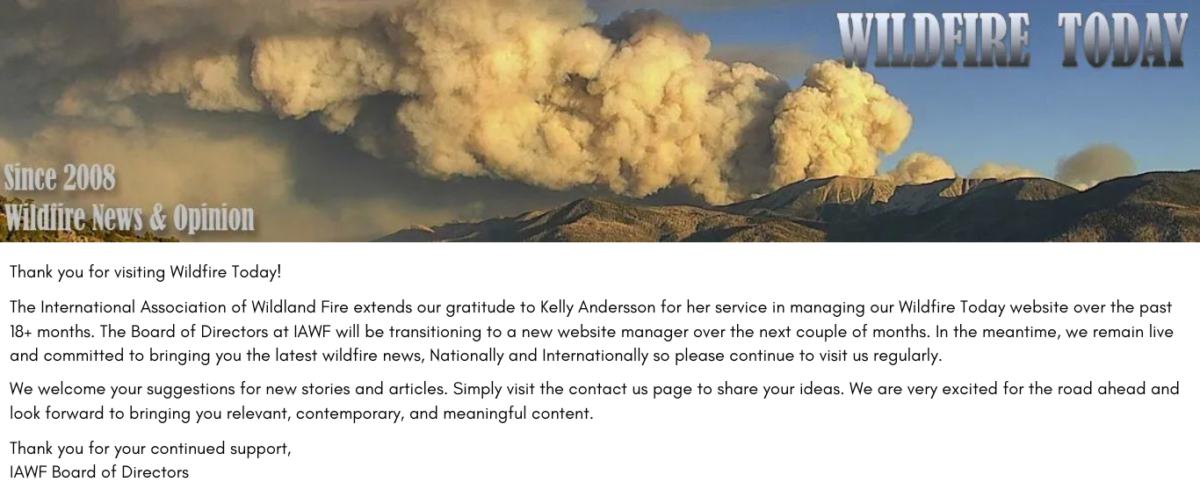New Mexico will hire and train 40 military veterans to become wildland firefighters, and the Governor recently signed 3 pieces of fire-related legislation. Below is an excerpt from a news release from the Governor’s office:
****
April 1, 2013
ALBUQUERQUE – Governor Susana Martinez today signed into law three bills supporting New Mexico firefighters.
“While the number of human-caused wildfires was down last year, we can’t let our guard down,” said Governor Martinez. “Across New Mexico, we have seen ongoing drought and another dry winter. Conditions are in place for a potentially difficult fire season and I urge all New Mexicans to make themselves responsible for preventing wildfires.”
In 2012, New Mexico experienced its largest wildfire in recorded history, the Whitewater-Baldy Complex, and the state’s most destructive fire, the Little Bear, which burned more than 250 structures near Ruidoso. For this reason, local, state, federal and tribal interagency partners continue to stress wildfire preparedness and prevention.
At today’s news conference at the Rio Grande Nature Center State Park, Governor Martinez also joined a half dozen New Mexico military veterans to announce a new pilot program that will hire and train 40 military veterans as wildland firefighters. These veterans will be placed on four fire crews that will be available for assignment on wildfires statewide. The new program is a collaborative effort between New Mexico State Forestry, the Department of Veteran’s Services, and the New Mexico Workforce Connection.
The governor also signed three pieces of legislation that will support New Mexico’s firefighters and help protect communities:
- HB 275, increasing volunteer firefighter retirement benefits to $250 per month from the current amount of $200 per month for individuals over the age of 55 with 25 or more years of experience. Benefits increase from $100 per month to $125 per month for individuals over the age of 55 with between 10 and 25 years of experience.
- HB 615, allowing volunteer firefighters be paid a stipend by a public agency that still allows them to maintain volunteer status.
- SB 431, which gives counties the authority to contract with individuals as well as municipalities for firefighting services.



